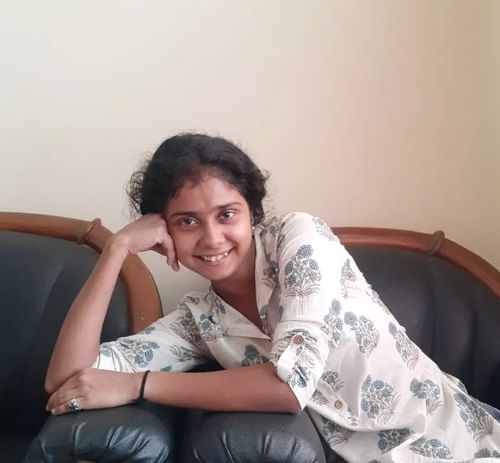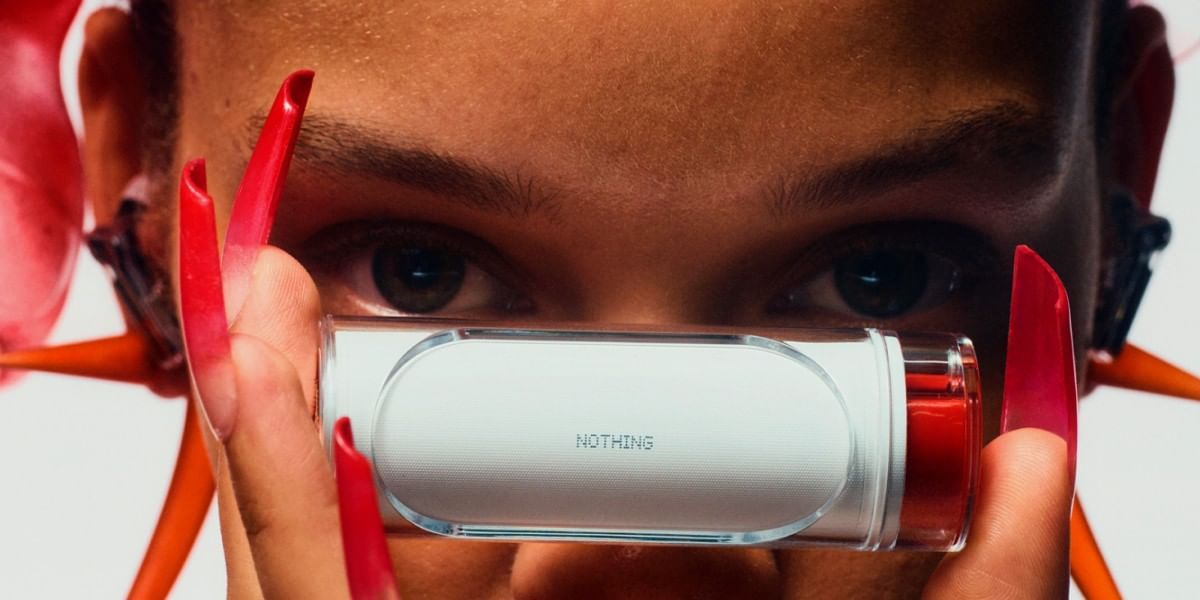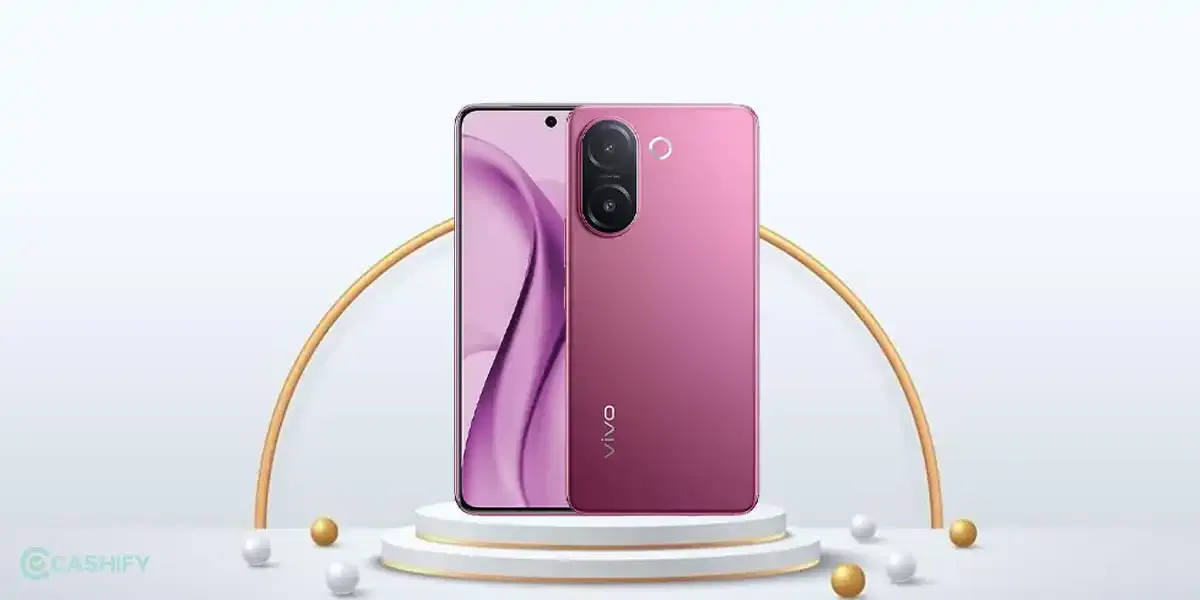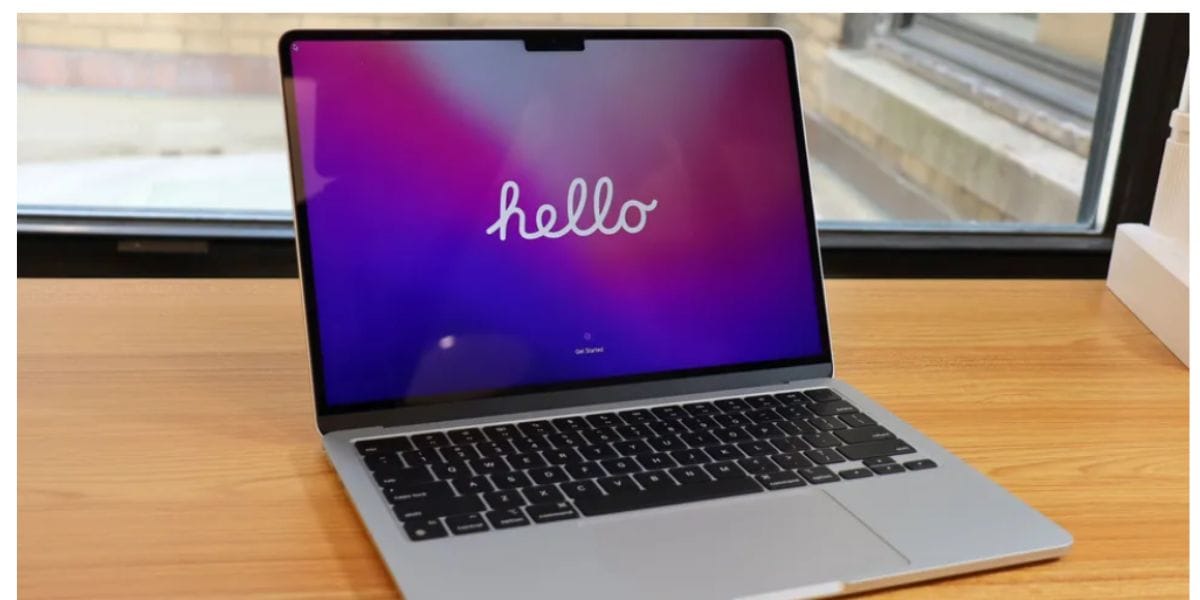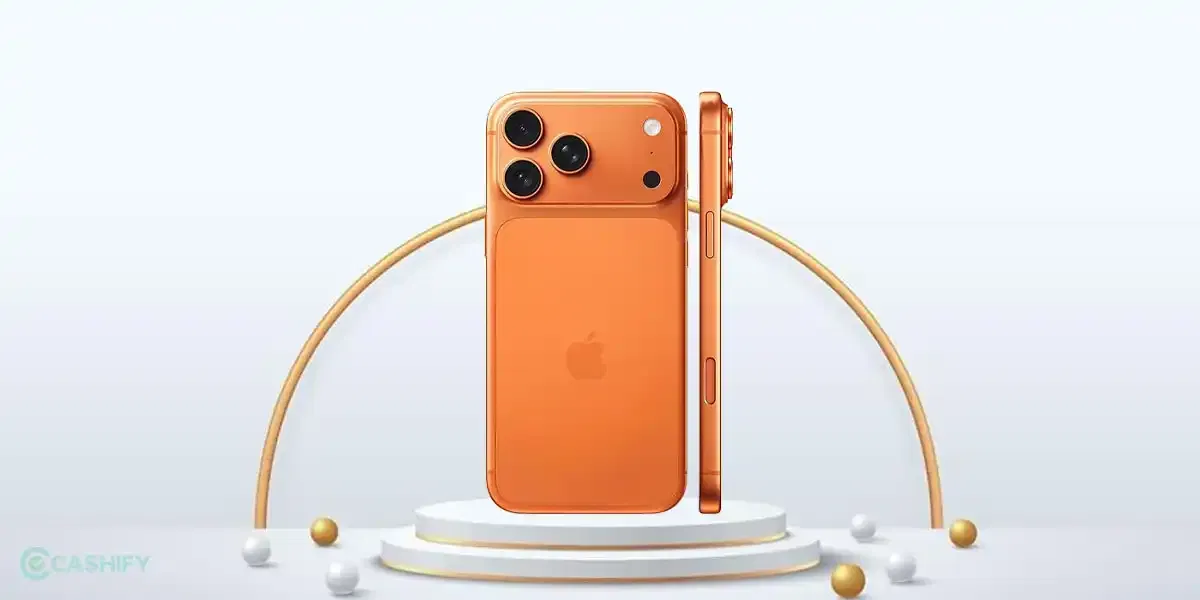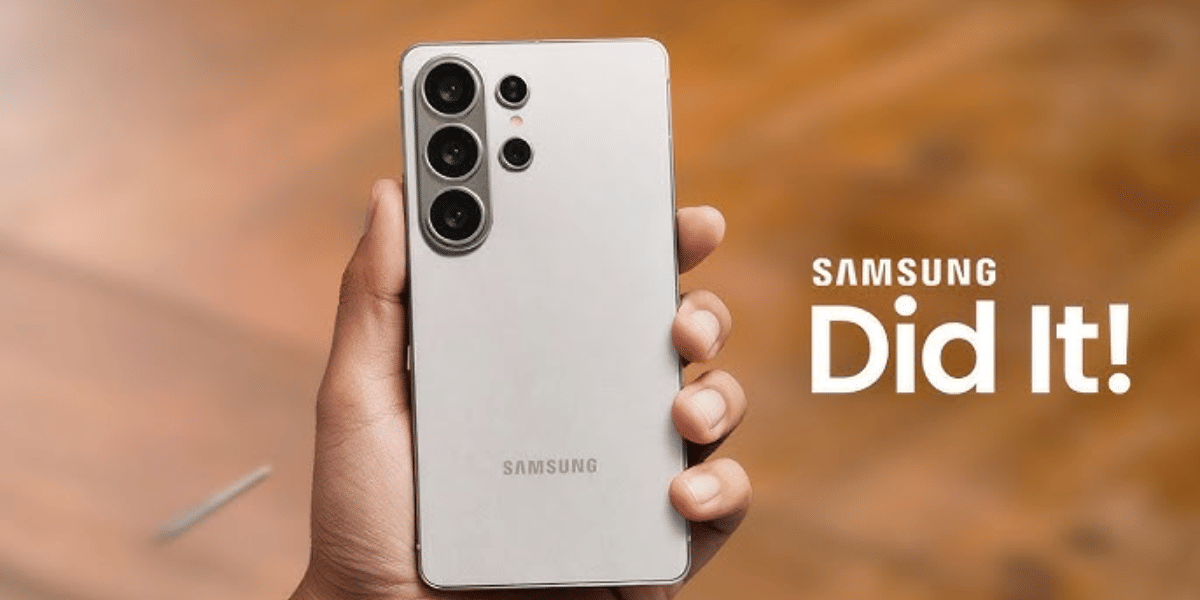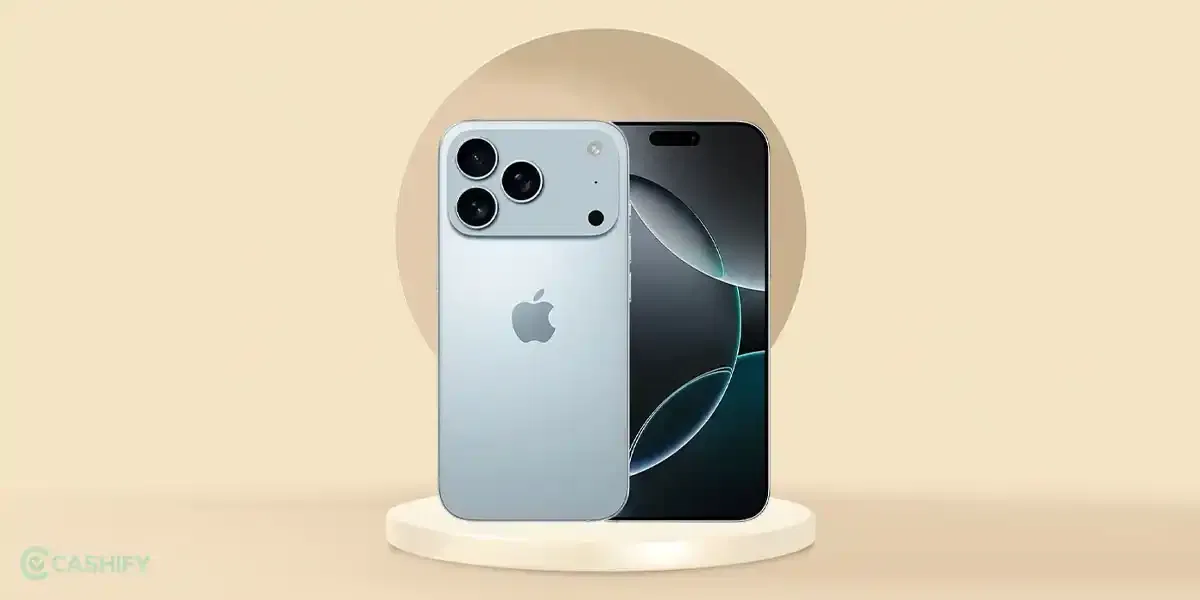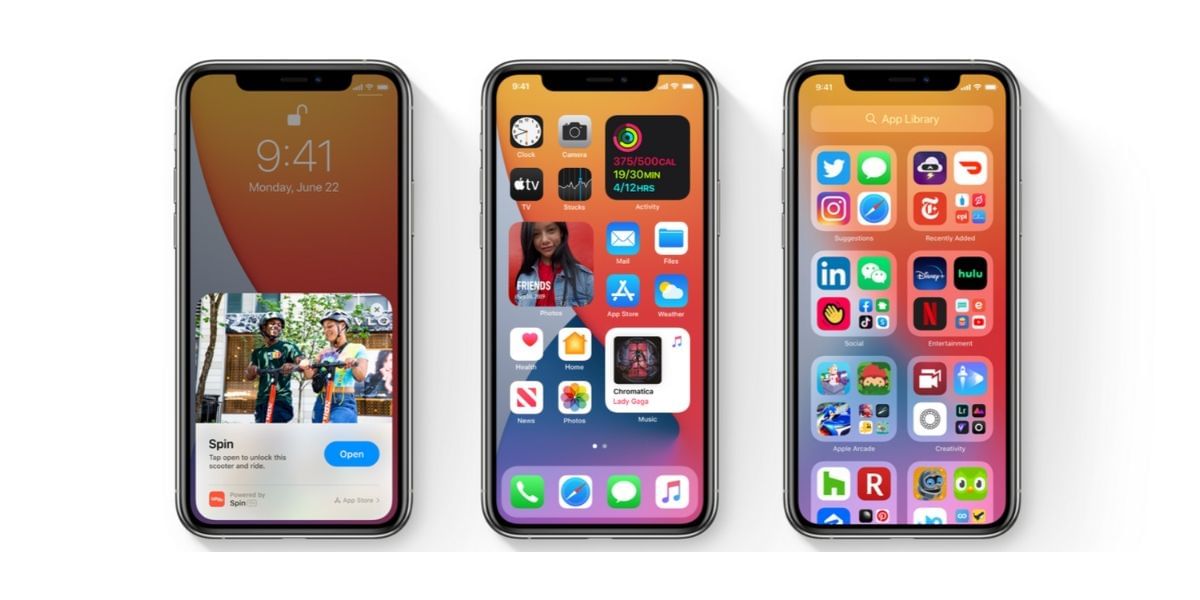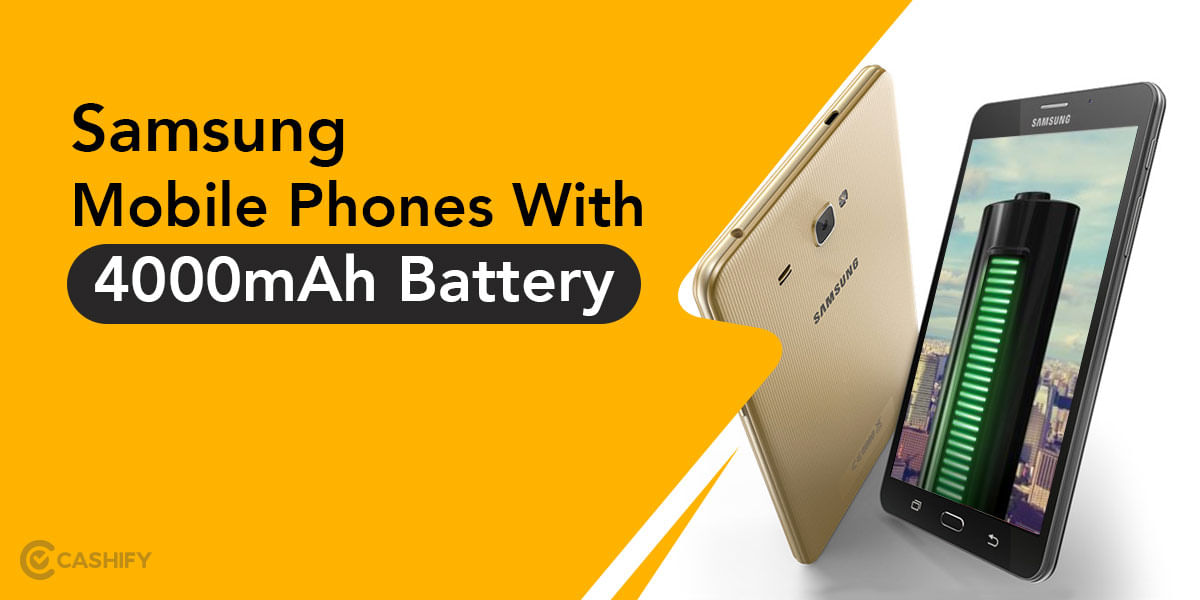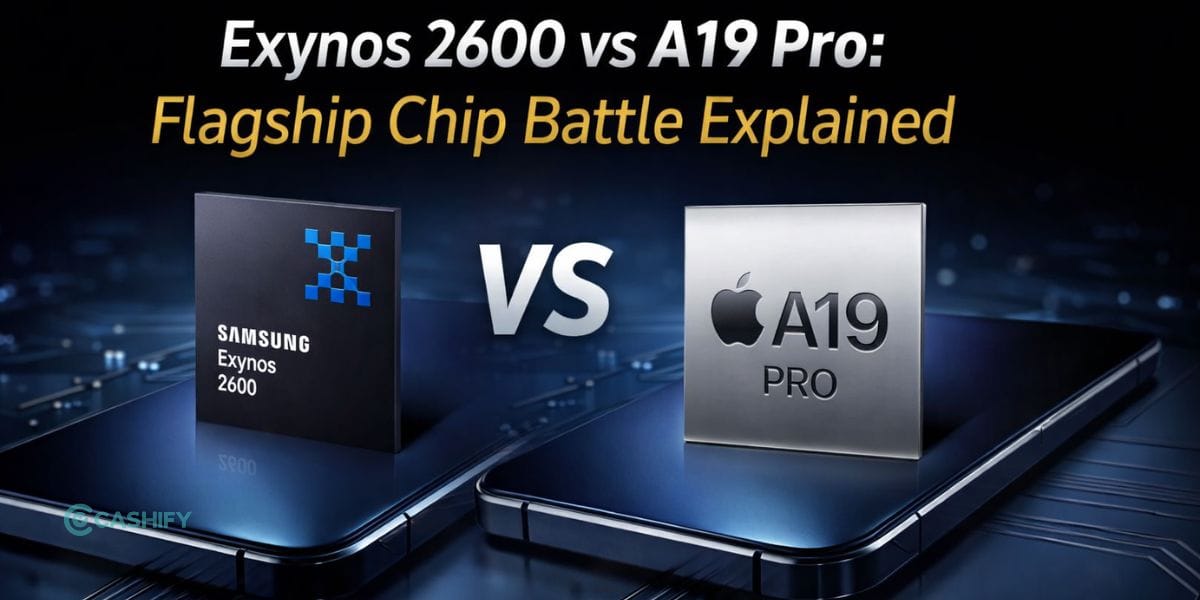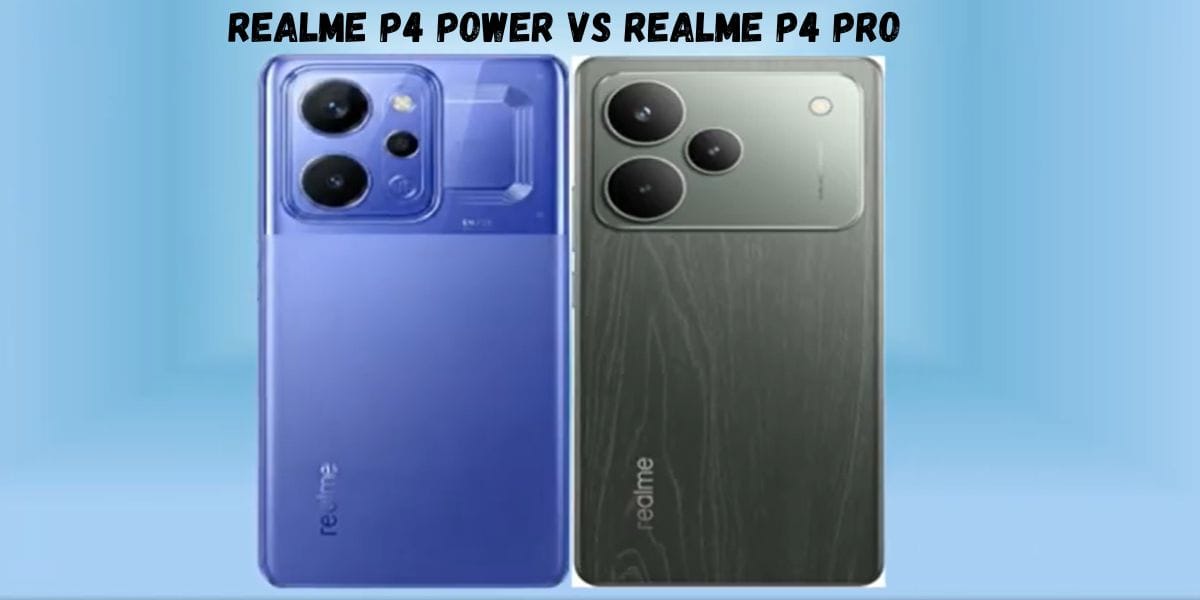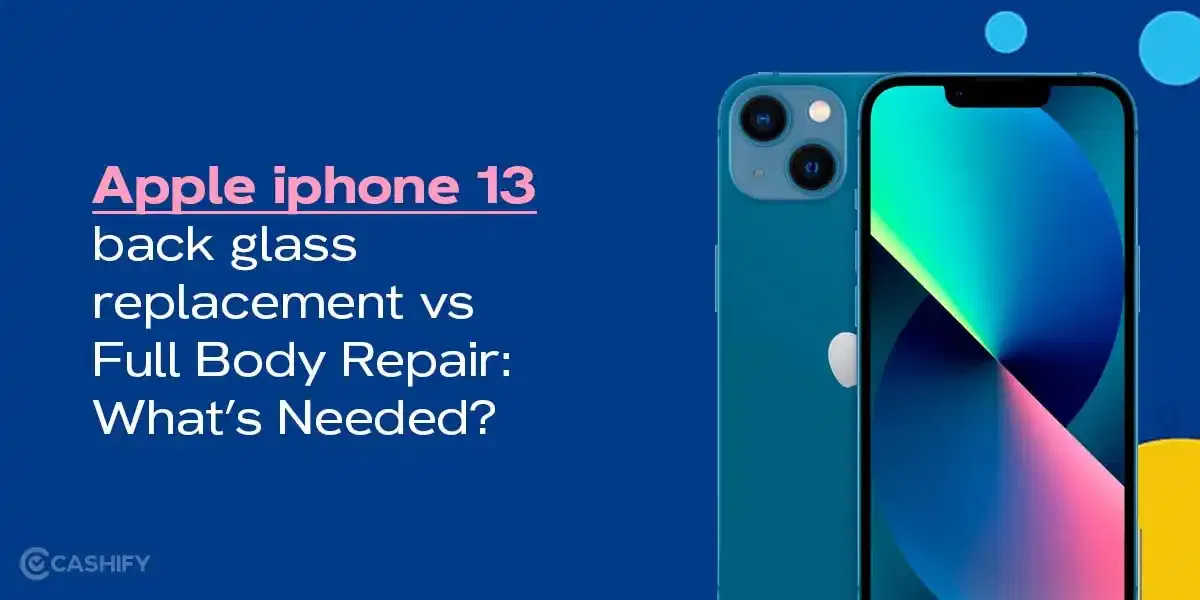Samsung to offer help to people on this year’s World Sight Day. Samsung’s Galaxy Upcycling program has set a target of screening a total of 150,000 people this time. It will use the EYELIKE™ Fundus Camera for the screening. This target will end in 2023. The old Samsung smartphones help detect eye diseases.
Samsung’s Galaxy Upcycling Program is helping give a new life to older Galaxy devices. This helps in reducing electronic waste. It even provides larger access to ophthalmic health care for underserved communities.
Across the Globe, 1.1 billion people undergo vision loss. Among them, 90 per cent belong to low- and middle-income countries. In these countries, access to better eye health is deficient. It also lacks affordability and quality.
Also Read: PS5 Restocks Arrives Early, Available Today
Partners Detecting This Cause
For this cause, Samsung has joined hands with the International Agency For the Prevention of Blindness (IAPB). Even with Yonsei University Health System (YUHS), and LAB SD, Inc. for transforming old and unused Galaxy technology. It is turned into medical diagnosis cameras. These cameras are EYELIKE™ fundus cameras. It will enable both medical and non-medical professionals to screen patients. This will also help in the early detection of conditions that may cause blindness.
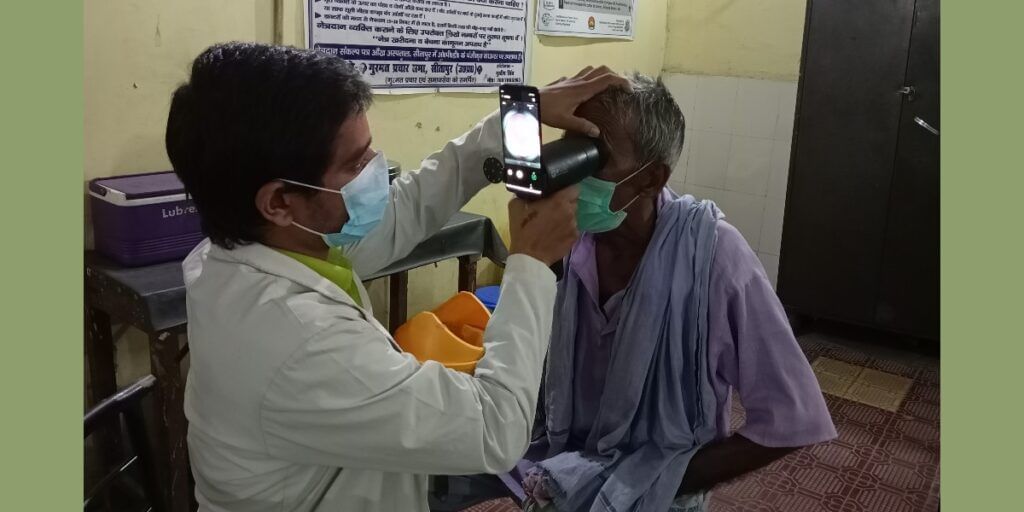
Now, these programs are not only revolving around creating innovative technologies for reshaping the experiences. But they are also focussing on empowering consumers to adopt an environment-conscious lifestyle.
This program has come together with four eye hospitals- Sitapur Eye Hospital in Sitapur, and Aravind Eye Hospital in Pondicherry. Also, Guruhasti Chikitsalya in Jodhpur, and Dr. Shroff’s Charity Eye Hospital in New Delhi. There will be eye care camps which will use devices in vision centres, vans and base hospitals across the country.
Approximately 200 units of second-hand Galaxy smartphones have been upcycled. They are turned into EYELIKE™ Fundus cameras. These have been distributed to the partners of this program in India.
Also Read: These Apple Devices Are Now Outdated: Find Details Here
The Eye Disease Detector
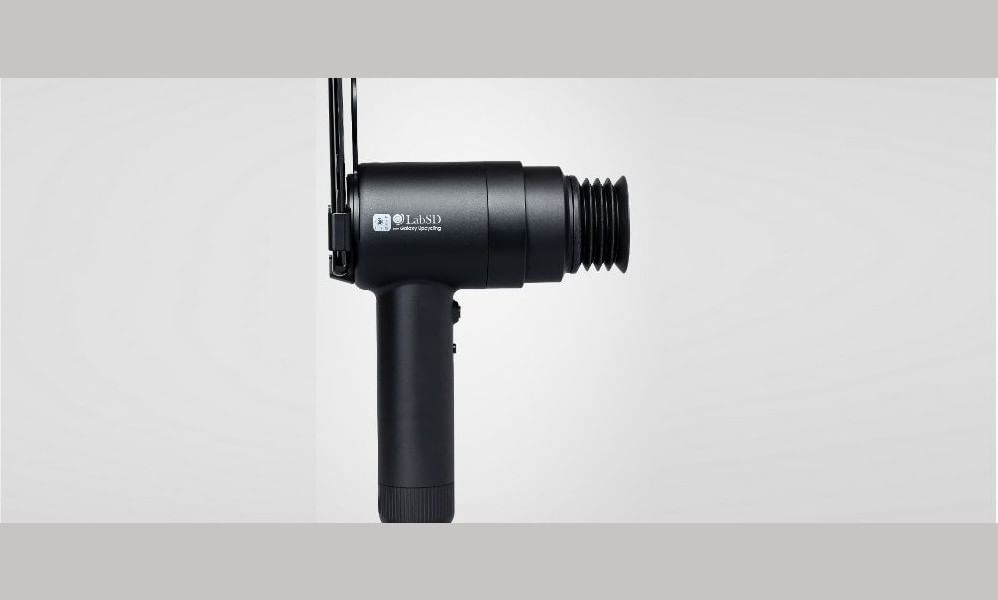
The brain of the EYELIKE™ Fundus camera turns out to be an old Galaxy Smartphone. This handheld camera captures an image while connected to a lens attachment. It helps in better fundus diagnosis.
This Galaxy device utilizes an artificial intelligence algorithm to analyse and diagnose ophthalmic disease images. It connects to an app. That helps capture patient data very accurately. Furthermore, it suggests a treatment course at a fraction of the cost of commercial instruments.
Also Read: WhatsApp Increases Group Capacity, Starts Testing
This unique and budget-friendly diagnosis camera screens patients for conditions which may cause blindness, diabetic retinopathy, glaucoma, and even age-related macular degeneration.
Device Development
In India, with the help of four partners, around 5,000 patients have been screened for eye diseases. The partners say that the EYELIKE™ device is easy to use. Moreover, it doesn’t require highly trained individuals. Anyone with basic training can use them.
It is portable and brings out high-quality images. This also enables easy identification of the optic nerve, macular and vessels. These benefits have helped patients who belong to rural areas. They don’t have access to ophthalmic health care.
The Engineers of the Samsung R&D Institute Bangalore, which is Samsung’s largest R&D centre outside Korea, have engaged in developing the Fundus image capture mechanism. It also developed the AI-based processing algorithm, the intuitive UI and server-related operations.
Also Read: Samsung 5G Phones To Turn 5G Support Sooner Than You Think
The EYELIKE™ platform scans images of the retina. It uses an accurate AI-based algorithm. This is powering the computational capabilities of these phones for detecting diseases. It also detects the retinal images and classifies them as normal or abnormal.
“At Samsung, we believe in harnessing technology to impact society positively. Also, Programs such as Galaxy Upcycling have helped us transform lives through the power of innovation. With the EYELIKE™ Fundus Camera, our partners have provided quality eye screening to patients across India. They are also proud that engineers at Samsung R&D Institute, Bangalore, have worked on the EYELIKE™ platform alongside IAPB, YUHS and LabSD. They who have developed the lens attachment,” stated Mohan Rao Goli, CTO, Samsung R&D Institute, Bangalore.
This is an indifferent and new approach by Samsung. Moreover, it is even cost-effective. Samsung is even helping underserved populations of Vietnam, Morocco and Papua New Guinea.
Also Read: WhatsApp Increases Group Capacity, Starts Testing

